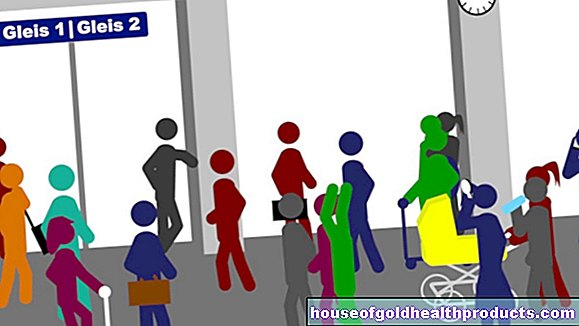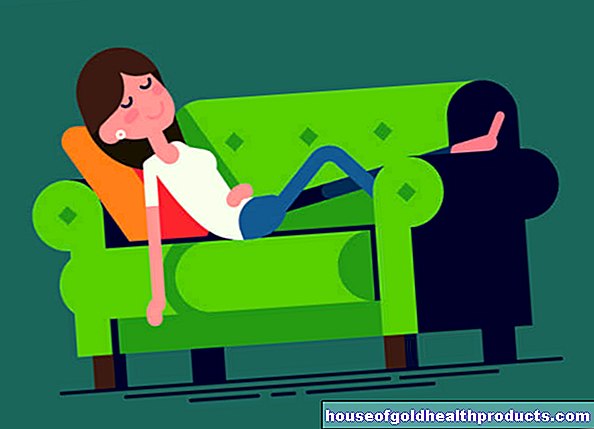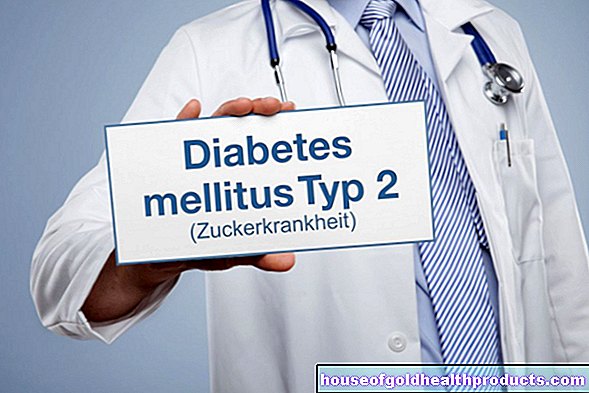Pharmaceutical report: Seniors swallow too many drugs
All content is checked by medical journalists.MunichOlder people take too many active ingredients at the same time.In a third of those over 65 years of age, there are more than five active pharmaceutical ingredients per day, according to the Drugs Report 2013 by Barmer GEK. In addition, seniors with dementia swallowed too many tranquilizers and children too large amounts of psychopills. Better networking among doctors and more transparency are important, the authors demand.
Seven active ingredients on average
The data of 2.1 million insured persons over 65 years were analyzed. The focus was on how often patients were prescribed several active pharmaceutical ingredients in parallel. A third of the insured is affected by the so-called polypharmacy - they consumed more than five active pharmaceutical ingredients every day. In the case of the very old between 80 and 94 years of age, it was almost every second. Men over 65 years of age took an average of 7.3 active ingredients per day, and 7.2 for women in this age group. "Above all, this also affects adherence to therapy," comments Prof. Gerd Glaeske from the Center for Social Policy at the University of Bremen.
Psycho pills for children
The researchers rated the number of prescriptions for antipsychotics for children and adolescents as “alarmingly high”. From 2005 to 2012, prescriptions rose 41 percent. The increases are mainly caused by newer drugs (plus 129 percent), while prescriptions for older drugs declined slightly.
Doctors rarely prescribe antipsychotics in toddlers up to four years of age. For everyone else, the number of prescriptions rose - most of all for 10 to 14 year olds. "A medical explanation for this cannot be derived directly," says Glaeske. Studies have neither shown an increase in psychiatric disorders in children and adolescents, nor have the relevant therapy recommendations changed. In addition, one should not ignore the fact that antipsychotics sometimes have serious undesirable effects.
Sedatives for dementia
The authors also critically rate the use of so-called benzodiazepines in people with dementia. These sleeping pills and sedatives were prescribed to around 23,500 insured persons in 2010 - 70 percent of them women. "The risk of being prescribed benzodiazepines is 1.5 times higher in people with dementia," said Glaeske. Associated with the active ingredient is a loss of cognitive abilities such as attention, memory or learning. Glaeske: "Without a doubt, many older people are dependent on drugs containing benzodiazepines. They are probably only given them to avoid agonizing withdrawal symptoms." It is conceivable, however, that after long years of addiction, dementia will develop more than in people who have taken such drugs significantly less often.
Electronic networking
There is an urgent need for more networking and transparency in the healthcare system, concludes Dr. Rolf-Ulrich Schlenker from Barmer GEK. If there were the electronic health card, the electronic prescription and the electronic patient file, treating doctors and pharmacists would have a much better overview of drug therapy. The risky multimedia could be controlled much better through electronic networking. According to Schlenker, there must finally be an end to the policy of blocking well-known medical officials against a modern telematics infrastructure. (in the)
Tags: pregnancy birth hospital Baby Child

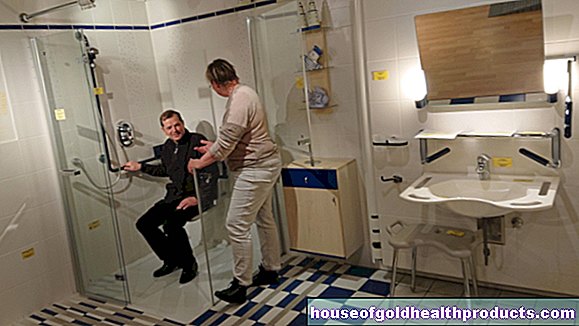




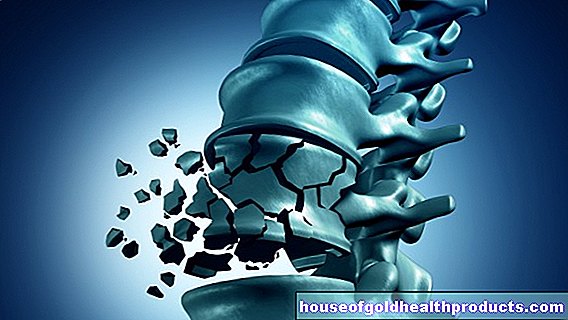




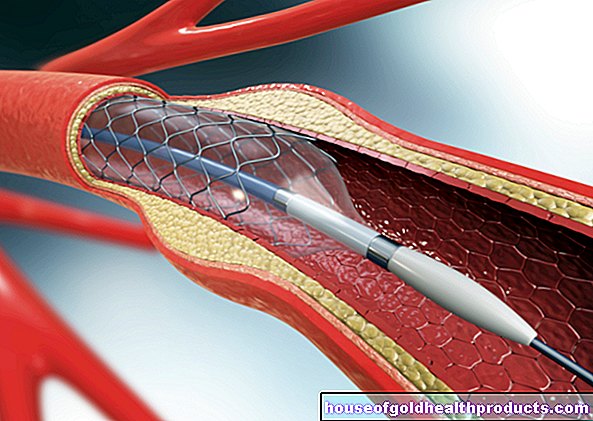

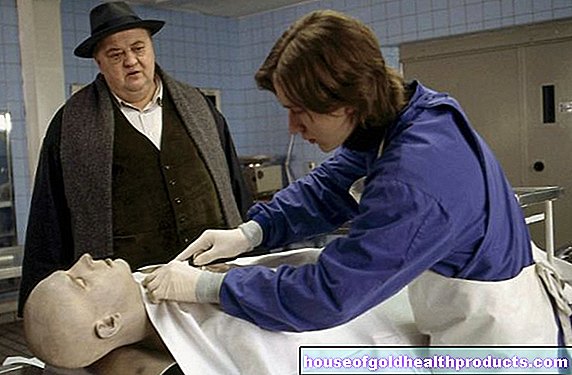
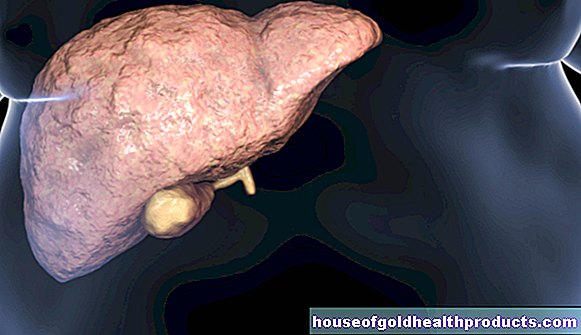
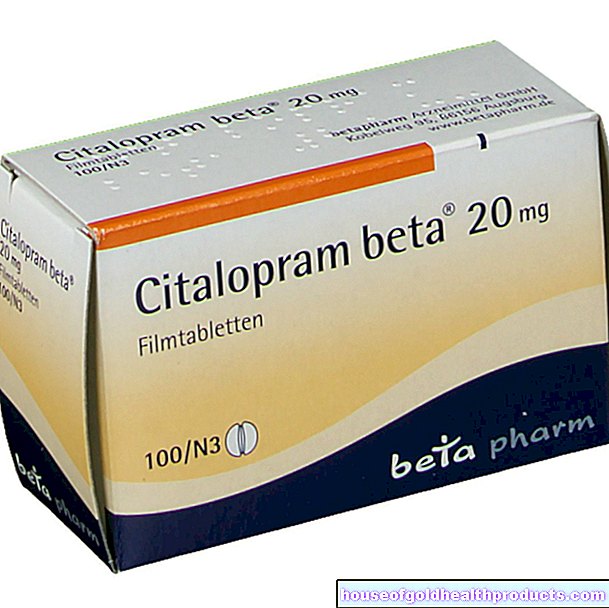
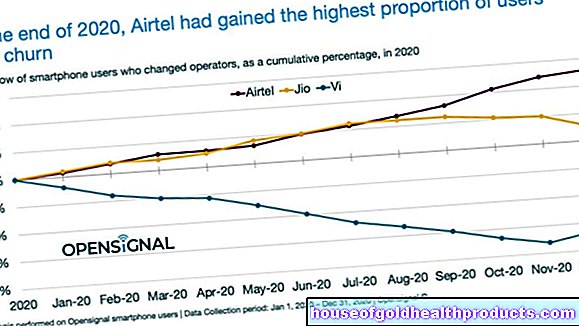




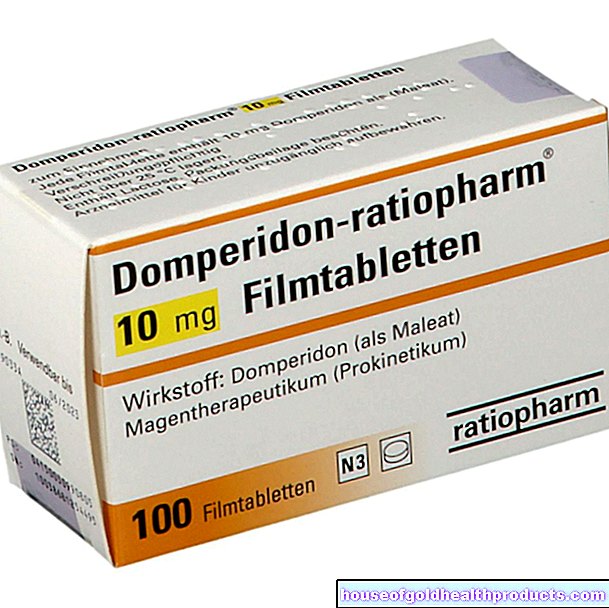
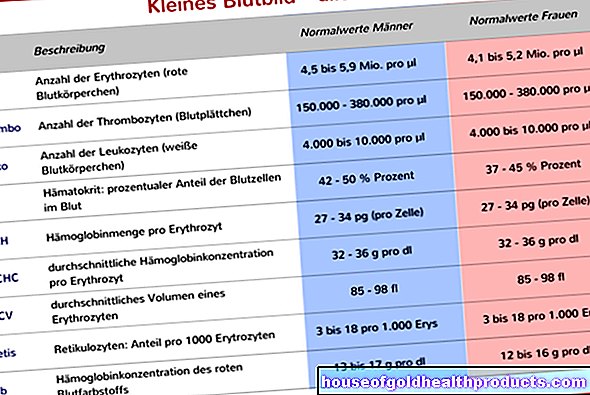

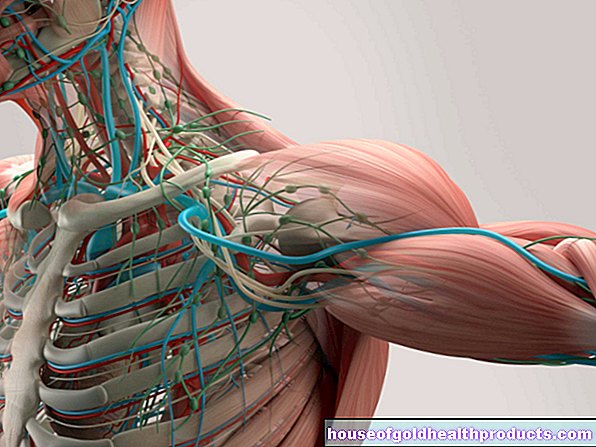
.jpg)

